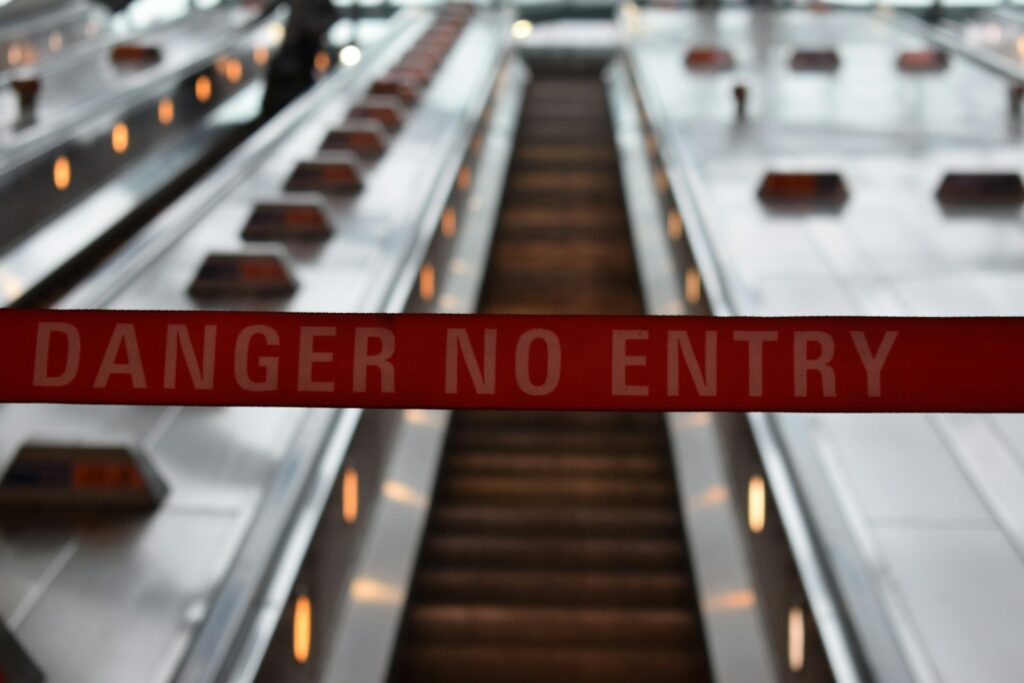
(Rightallegiance.com) –
WASHINGTON — Robert F. Kennedy Jr., a prominent vaccine skeptic and recent Trump administration ally, has declared that a Trump administration would push to remove fluoride from U.S. public water systems. Kennedy announced this on social media, stating that such a step would be a top priority and suggesting links between fluoride and various health risks. His stance is controversial, particularly because major health organizations, including the American Dental Association (ADA) and the Centers for Disease Control and Prevention (CDC), endorse water fluoridation as a safe, cost-effective public health measure that helps prevent tooth decay.
“President @realDonaldTrump and First Lady @MELANIATRUMP want to Make America Healthy Again,” Kennedy posted on X, tagging attorney Michael Connett, a vocal opponent of water fluoridation.
Kennedy, who recently endorsed Trump after exiting the presidential race, has been a visible figure in Trump’s campaign and could become a key player in future health policy decisions. His public appearances alongside Trump indicate the former president’s approval of Kennedy’s unconventional health views. At a recent rally in Arizona, Trump expressed strong support for Kennedy’s health initiatives, stating, “He can do anything he wants… He wants to look at the vaccines. He wants — everything. I think it’s great.”
These comments align with Trump’s recent remarks suggesting that Kennedy would have broad leeway to “go wild on health” issues, should Trump win the presidency. Trump’s embrace of Kennedy’s ideas marks a shift toward questioning established medical practices and scientific consensus on various health issues, including fluoridation.
Fluoride, commonly added to public water supplies to prevent tooth decay, has been supported by the ADA, the American Academy of Pediatrics (AAP), and the CDC. The AAP describes water fluoridation as “an equitable and inexpensive way to ensure that prevention of dental disease reaches everyone in a community.” The CDC states that drinking fluoridated water reduces cavities by about 25% in both children and adults, emphasizing that dental fluorosis—primarily a cosmetic condition causing mild discoloration of teeth—is the only significant risk associated with water fluoridation in the U.S. The CDC clarifies that most cases of fluorosis in the U.S. are mild, presenting as faint white marks on teeth.
However, Kennedy continues to challenge the widespread endorsement of fluoride, citing health concerns despite a lack of scientific backing from major medical organizations. His stance resonates with certain advocacy groups and some local governments that oppose mandatory water fluoridation, favoring individual choice. Some U.S. cities have removed fluoride from their water supply in recent years, reflecting a growing debate over public versus personal control of water additives.
Kennedy’s position has a history of tension with mainstream science, as he has previously promoted debunked theories that link vaccines to autism. His stance on fluoride could become yet another battleground as he collaborates with Trump’s team.
Kennedy’s health policy ideas could see significant influence if Trump regains the presidency. A Trump campaign spokesperson, Danielle Alvarez, did not explicitly endorse Kennedy’s fluoride proposal but confirmed that the former president is open to considering a range of policy ideas.
Trump’s apparent support for Kennedy’s health ideas could be a harbinger of shifts in U.S. public health policy. Whether fluoridation will remain a common practice or become optional under a Trump administration remains uncertain, but one thing is clear: the discussion around fluoride is far from settled. Health professionals remain steadfast, with the ADA’s position clearly stated on its website: “Throughout more than 70 years of research and practical experience, the overwhelming weight of credible scientific evidence has consistently indicated that fluoridation of community water supplies is safe.”
The outcome of Tuesday’s election could determine if Kennedy’s vision for public health will become reality, opening new fronts in the debate over water safety and health freedoms across America.